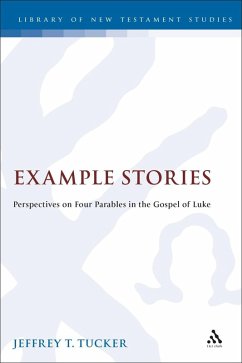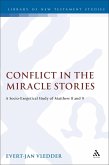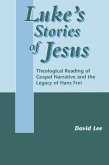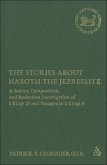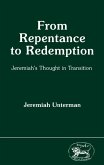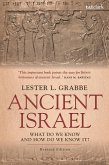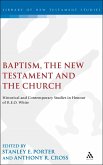This study challenges the popular notion that four parables in the Gospel of Luke-the Good Samaritan, the Rich Fool, the Rich Man and Lazarus, and the Pharisee and the Toll Collector-are example stories. A wealth of scholars' views on the example stories are scrutinized, with Adolf Jnlicher's pivotal definition receiving special attention. The various criteria used to distinguish between parable and example are assessed from both a literary and a rhetorical perspective in order to ascertain what, if any, formal features are peculiar to the example stories. Tucker shows that attempts to differentiate the example stories from other narrative parables attributed to Jesus in the Synoptic Gospels are largely unsuccessful. The result is that these four parables in the Gospel of Luke can be seen for what they really are.
Bitte wählen Sie Ihr Anliegen aus.
Rechnungen
Retourenschein anfordern
Bestellstatus
Storno

